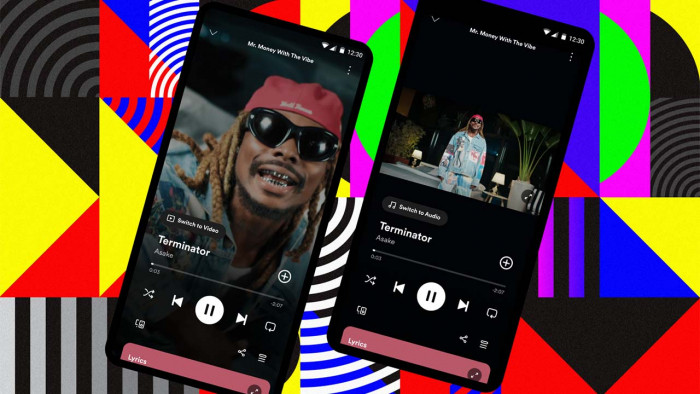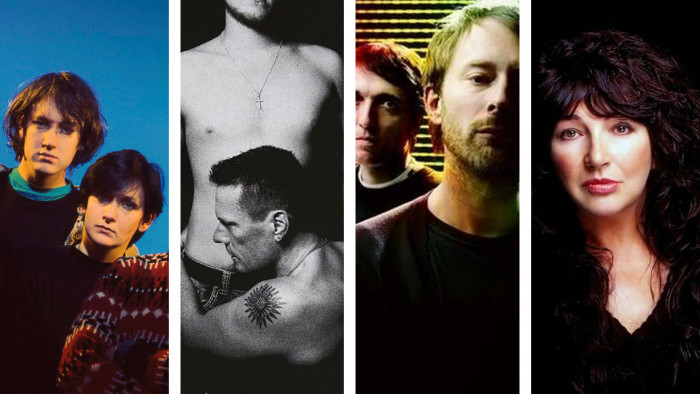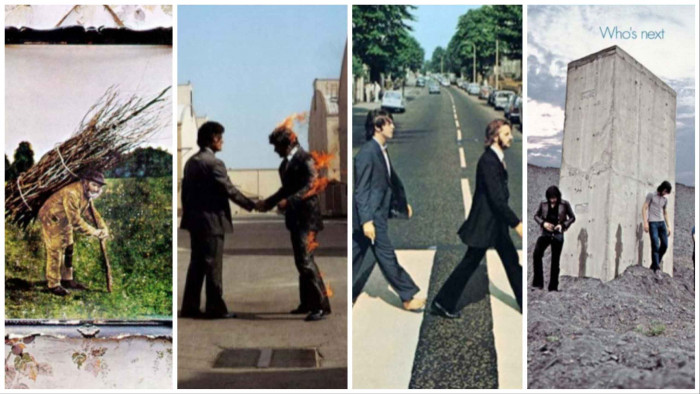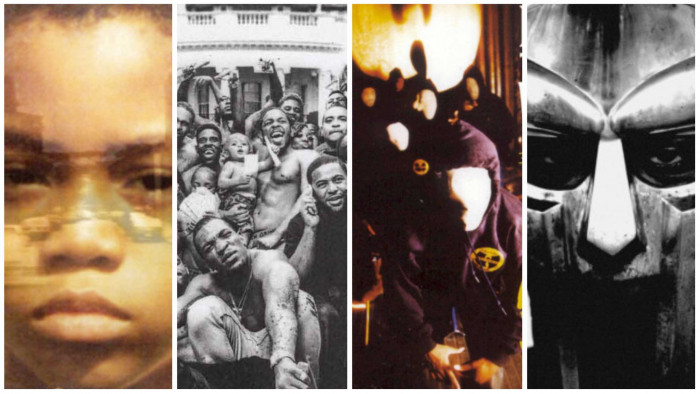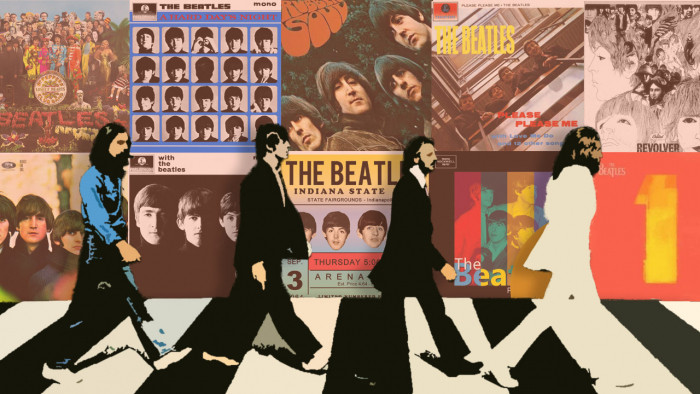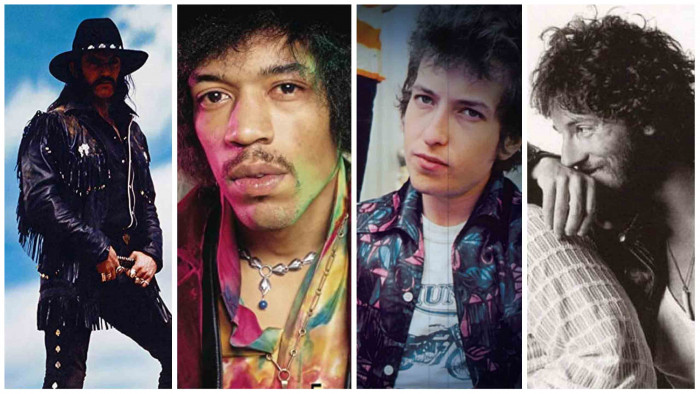Alan Partridge was famously mocked for describing his favourite Beatles album as ‘The Best of the Beatles’ and yet, as so often, Alan, in his own unintentional way, was bang right. The Beatles Greatest Hits is the best Beatles album, because it has all the best Beatles songs on it.
Sure, fine, Revolver’s a great body of work, and, yeah, OK the Beatles invented the concept record with Sgt. Pepper, but at their heart they were a pop band; constantly striving to create that piece of three minute magic, which they did with outrageous regularity. So a collection of all of them really, is, legit, the best.
And so: Now That’s What I Call Music!, which celebrates its hundredth release this month. The ultimate Greatest Hits album, because it’s the best of the pop hits, every single time.
A greatest hits of everyone’s greatest hits and, as such, even the worst one is better than any record a mere mortal single act could ever possibly hope to achieve. I’m saying it right now, the worst Now! is better than the best Dylan album.

Everyone remembers their first Now. Mine was Now 20, on double cassette (naturally), and it was utterly mindblowing. Hit after hit, like a pop sledgehammer to the senses, raining down blows of melody, songcraft and brilliance.
But the best thing about Now? Unchanging from its inception to the current day: it does not judge. It has no prejudice. It doesn’t care if you’re black, white, gay, straight, or a cartoon frog wearing goggles. It cares about one thing and one thing only: is it a hit? And if it is: you’re in, no questions asked.
One of the strengths of the British record buying public is that, unlike America, where for decades music was divided along racial lines - with the Disco Sucks movement, to give one example, bringing that starkly to the fore - we don’t give a toss where a song comes from or who’s doing it. If it’s a good tune, we’ll go and buy the thing - and then it ends up on a Now.
As such, it introduced me to the entire glorious spectrum of music, since, while it would be necessarily loaded with the pop style of the day, every genre worth its salt would inevitably pop up on there, even if they might be buried on the lower reaches of Tape 2, side 2 (as it was).
Witness Now That’s What I Call Music! 20, which sees Erasure’s pure pop masterpiece ‘Love To Hate You’…
rubbing shoulders with Moby’s rave anthem ‘Go’…
…The Justified Ancients of Mu-Mu (aka The KLF)’s concept pop-techno-hymnal banger ‘It’s Grim Up North (part 1)…
…Marc Cohn’s you-cannot-argue-with-this-one-even-you-’proper-music’-heads classic ‘Walking in Memphis’…
…and bloody Enya.
Oh, and Monty Python’s ‘Always Look on the Bright Side of Life’ is on there as well.
Until the miracle of streaming, Nows were the only economically viable way of keeping up with every hit that entered the hallowed realms of the Top 40, and it was nothing short of my constant pop guru by my side as I was growing up. Through uncertain times and the bewildering change of teenage years, you knew where you were with a Now - 100%, no-nonsense hitsville.
Can Now survive in a streaming age? Well, it’s shown remarkable resilience thus far, with the three Now albums released last year occupying number 1, 2 and, yes, 3 in the list of 2017’s biggest-selling compilation albums. In a way, it’s a comforting stat that suggests that people are still interested in keeping up with the pop zeitgeist rather than giving up and settling in to listen to nothing but their old collections, or diving headlong into a niche and never coming back (though you could - and should - still do a bit of both of those things).

But now (that’s what I call music) is not the time to worry about the future, now (that’s what I call music) is the time to raise a glass to Now’s achievements, and what it stands for.
It is a model of inclusivity and acceptance, exhibiting the finest wares that everyone of every style and background has to offer and it opened my eyes to the infinite possibilities of music, and of life in general.
“Judge not by the colour of your skin, but by the bangingness of your tune” may not have been quite what Martin Luther King said, but it’s the unspoken motto of every Now album. Long may they reign.
Now That’s What I Call Music! 100 is out 20 July
(Images: Universal/Sony)


